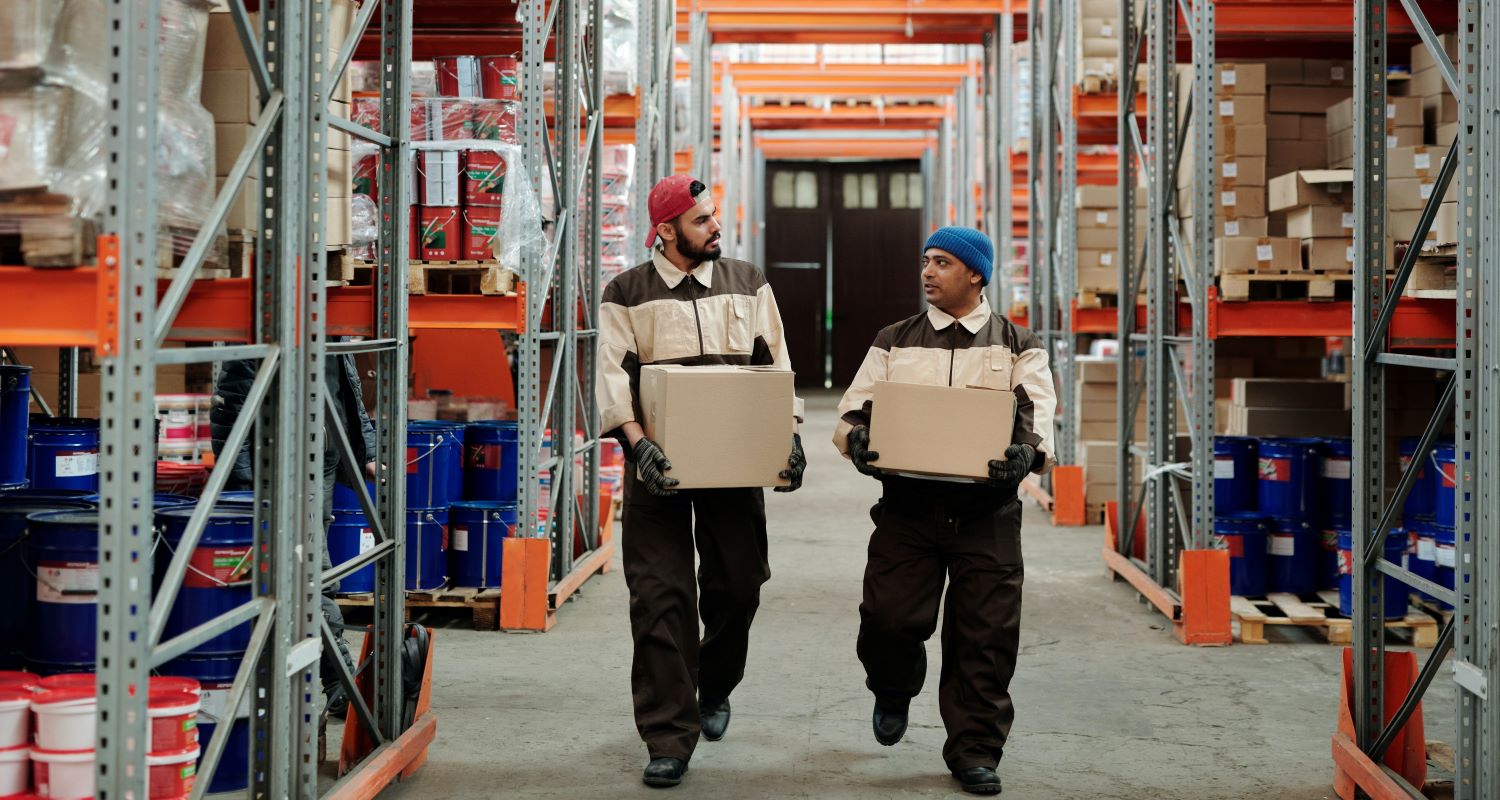
As the world continues to evolve, businesses must adapt to remain competitive. One area that has gained significant attention is environmental sustainability. In recent years, many companies have implemented green initiatives as a means of reducing their carbon footprint and contributing to a more sustainable future. Modern warehousing is one industry that can greatly benefit from these practices. In this article, we will explore the role of environmental sustainability in modern warehousing.
Sustainability in Warehousing
Sustainability in warehousing refers to the practice of minimizing the impact of warehouse operations on the environment. This can be achieved through a variety of methods, including the use of renewable energy sources, recycling and waste reduction programs, and sustainable packaging solutions. By implementing these practices, warehouses can reduce their carbon footprint and contribute to a more sustainable future.
Renewable Energy Sources
One of the most effective ways for warehouses to reduce their carbon footprint is by implementing renewable energy sources. This can include the installation of solar panels, wind turbines, or other sources of clean energy. By generating their own energy, warehouses can reduce their reliance on fossil fuels and decrease their carbon emissions. In addition, the installation of energy-efficient lighting and HVAC systems can further reduce energy consumption and costs.
Recycling and Waste Reduction Programs
Another important aspect of sustainable warehousing is the implementation of recycling and waste reduction programs. This can include the recycling of paper, plastics, and other materials, as well as the use of composting systems to reduce organic waste. By diverting waste from landfills, warehouses can reduce their impact on the environment and conserve natural resources.
Sustainable Packaging Solutions
In addition to renewable energy sources and waste reduction programs, sustainable packaging solutions are another important aspect of sustainable warehousing. This can include the use of biodegradable materials, as well as the implementation of closed-loop packaging systems. By reducing the amount of packaging waste generated, warehouses can decrease their environmental impact and reduce costs associated with waste disposal.
Benefits of Environmental Sustainability in Warehousing
Implementing sustainable practices in warehousing can provide numerous benefits for businesses. In addition to reducing their environmental impact, these practices can also lead to cost savings, improved brand image, and increased customer loyalty.
Cost Savings
Implementing sustainable practices can lead to significant cost savings for warehouses. By reducing energy consumption and waste, businesses can decrease their operating costs and increase their bottom line. In addition, many sustainable practices, such as the use of renewable energy sources, can provide long-term cost savings by reducing dependence on fossil fuels and decreasing energy costs.
Improved Brand Image
In today’s world, consumers are becoming increasingly environmentally conscious. By implementing sustainable practices, warehouses can improve their brand image and appeal to a growing market of eco-conscious consumers. This can lead to increased sales and customer loyalty, as well as positive word-of-mouth marketing.
Increased Customer Loyalty
By demonstrating a commitment to environmental sustainability, warehouses can also increase customer loyalty. Studies have shown that consumers are more likely to purchase from businesses that share their values and beliefs. By implementing sustainable practices, warehouses can appeal to a growing market of environmentally conscious consumers and build long-term customer relationships.
Conclusion
In conclusion, environmental sustainability is an increasingly important aspect of modern warehousing. By implementing sustainable practices, warehouses can reduce their impact on the environment, decrease operating costs, and improve their brand image and customer loyalty. As the world continues to evolve, businesses must adapt to remain competitive. By prioritizing environmental sustainability, modern warehouses can not only remain competitive but also contribute to a more sustainable future.


